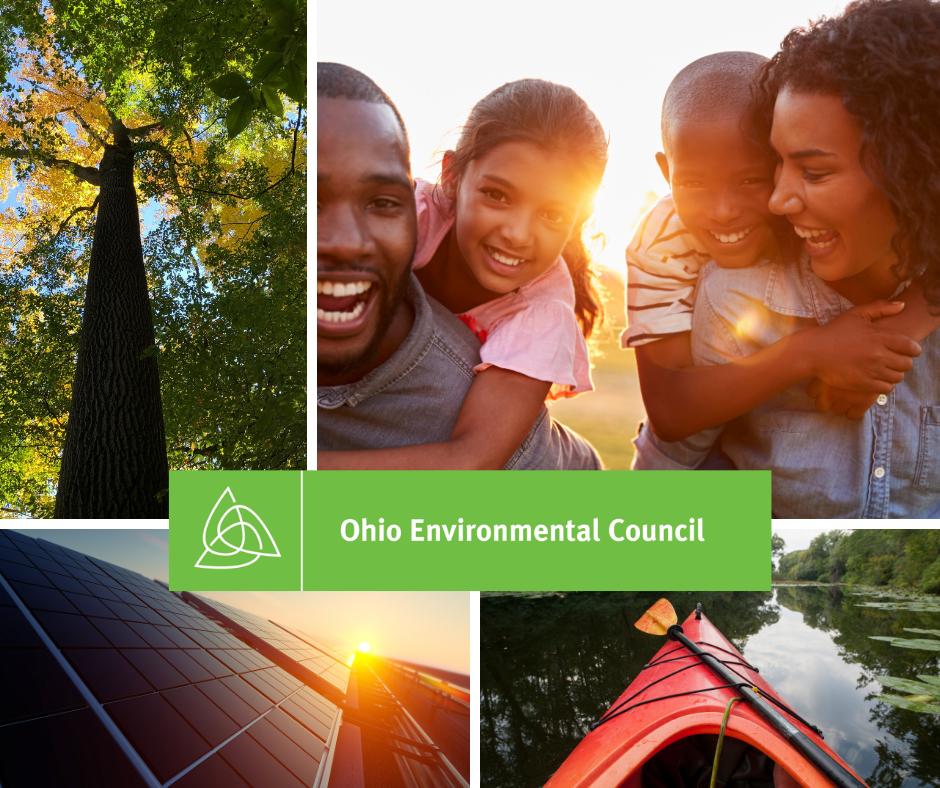Maxim Perel, 3L Ohio State Moritz College of Law & OEC Law Center Intern, December 15, 2017
President Trump is positioned to fill more vacancies across the federal bench than any past president since the late 1950s. This is no accident. The fact that there are so many vacant seats is because the Republican-led Senate has refused to confirm lower court nominations during the last two years of Obama’s presidency. President Obama made 54 nominations to those seats that Republicans refused to confirm, including several dozen where a final vote was never held.
President Trump will fill these federal bench seats with judges who will be appointed for life. It is highly important that we properly scrutinize all of the nominated judges before they have a chance to to secure such long tenures, especially since federal courts decide all sorts of important cases that widely affect the lives of Americans. Federal courts are where a majority of impactful environmental cases are decided. Two federal courts of particular note that decide important environmental law cases are the D.C. Circuit Court of Appeals and the D.C. District Court.
The D.C. Circuit Court is important for those groups and individuals fighting for environmental protections for the whole country. Not only because the Clean Air Act requires that all regulations of national scope be handled exclusively in that court, but the D.C. Circuit Court also routinely decides cases concerning the U.S. EPA’s administrative authority.Two examples of ongoing cases that show the national scope of environmental issues that the D.C. Circuit Court handles include: West Virginia et. al. v. EPA – the case that concerns the challenge to the Clean Power Plan rule, regulating emissions of greenhouse gases that come from fossil fuel-fired power plants. In this case, Health and Environmental groups (including OEC) are defending against the industry and coal state attacks on the regulation; and Utility Solid Waste Activities et al. v. EPA – This case deals with the EPA’s final rule about the classification of coal combustion residuals where environmental groups are fighting for stronger protections.
Additionally, the D.C. District Court also decides plenty of environmental cases that have a national impact, perhaps most notably, Standing Rock Sioux Tribe v. U.S. Army Corps of Engineers where the court found that the Army Corps of Engineers had not adequately considered several issues in its environmental assessment for the Dakota Access Pipeline.
Four of the prospective judges that President Trump has nominated to fill the vacancies on the D.C. District and Circuit courts are Gregory G. Katsas, Dabney L. Friedrich, Trevor N. McFadden, and Matthew S. Petersen.
A common thread between these nominees is a total lack of judging experience. With that lack of experience comes their unpredictability with the important environmental issues the D.C. Courts will face. Not only do none of them have prior judging experience that could have put them into arbitration positions for environmental issues, none of them have even appeared to have tangentially dealt with environmental issues at all.
As was mentioned, the federal courts act as checks on the administrative state. This power is now more important than ever, as the President and the director of the U.S. EPA appear to be moving the priorities of the environmental administrative state away from the insurance of the health and wellbeing of current and future generations. With such a great responsibility being put on our federal judges, we must ask ourselves if we can trust the health of our families and our community to judicial nominees with blank records on the important environmental issues. We must make our dissatisfaction heard in Washington with Senators Brown and Portman, and encourage them to vote against confirming these choices for the federal bench.
